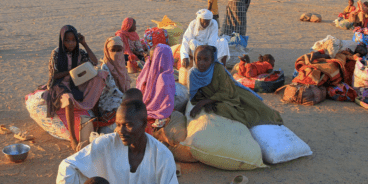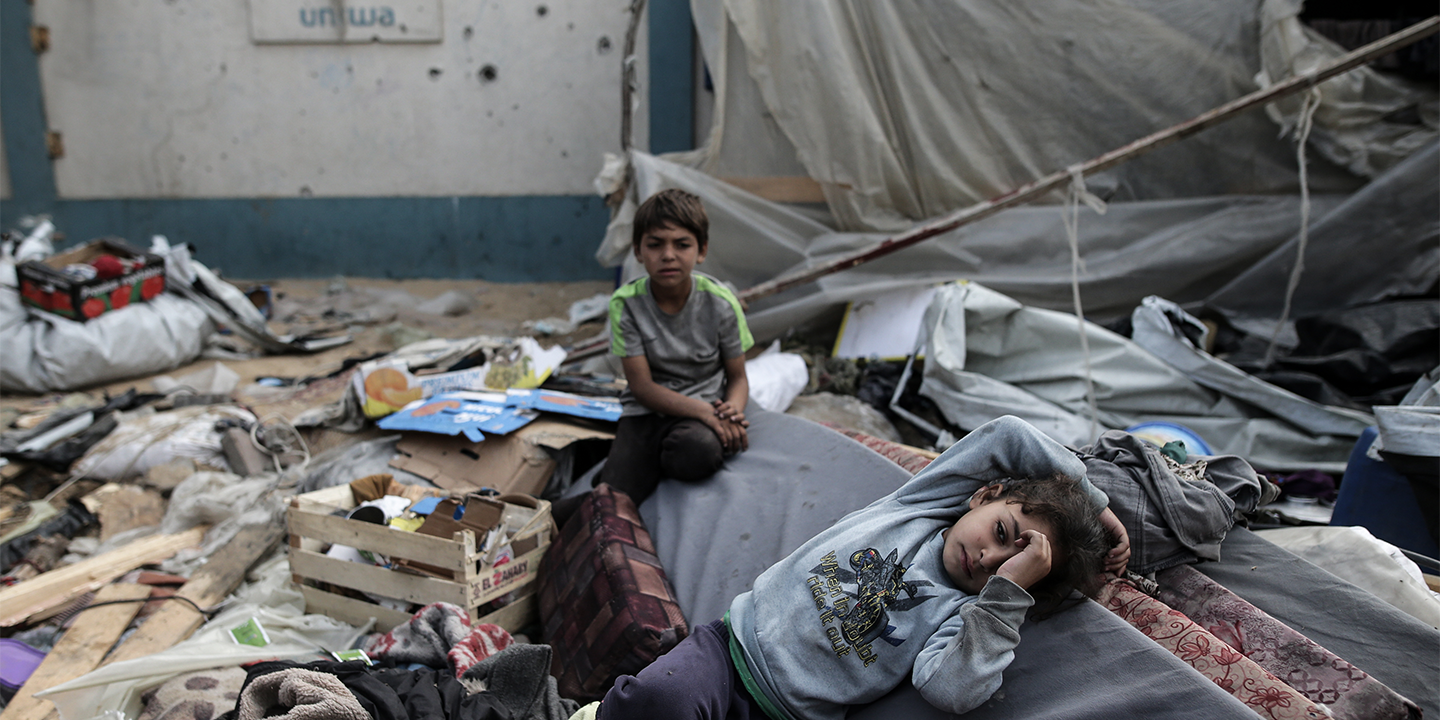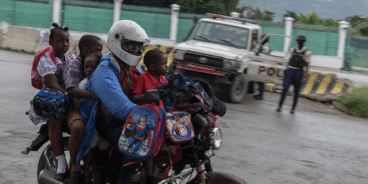

Statement on Foreign Secretary Rt Hon David Lammy MP’s discussion of the term genocide in relation to Palestine and Gaza
We call on the Foreign Secretary, as a matter of urgency, to make a statement clarifying the Government’s understanding of i) genocide in international law; ii) the scope of the UK’s international obligations pursuant to the Genocide Convention and Rome Statute; and iii) what steps must be taken to fulfil such obligations. The need for clarity follows the Foreign Secretary’s response to a question in the House of Commons on 28th October 2024, which, at best, has injected a deeply troubling ambiguity in respect of these pivotal issues in light of the mass atrocities perpetrated against civilians in Gaza. The Foreign Secretary, David Lammy, chose to undermine international law and answer in opposition to the International Court of Justice (ICJ), which has found there is a plausible risk of genocide. Instead, Foreign Secretary Lammy framed the definition of genocide around numbers and claimed usage of the term “undermines the seriousness” of the crime. This appears to be a dangerously misguided understanding of the crime, which introduces a numerical threshold into the definition of genocide. The Genocide Convention contains no such threshold. While the number of victims including as a proportion of the protected group is relevant – the latest figures show 43,000 killed – the death toll alone is not determinative for findings of genocide.
Furthermore, Article II of the convention is clear that genocide may be committed by means other than killings. Article II (b)-(e) refers to egregious acts other than killing. As emphasised by international tribunals, the number of victims killed is only one of the many relevant factors to be taken into account in a finding of genocide. Article II(c) identifies ‘deliberately inflicting on the group conditions of life calculated to bring about its physical destruction in whole or in part’ as a category of the underlying acts of genocide. The Genocide Convention is clear that the crime of genocide is not only perpetrated through mass killing. Over the course of the last year, Israeli forces have systematically attacked and destroyed facilities that are necessary for the survival of Palestinians including but not limited to: i) food production services such as bakeries, agricultural land, greenhouses and food storage warehouses; ii) civilian infrastructure providing clean water; iii) WASH facilities including sanitation, waste management, hygiene and environmental cleaning infrastructure; iv) healthcare provision and infrastructure such as hospitals, healthcare centres, medical equipment; and v) civilian housing, shelters and camps. These acts have taken place in the context of public statements expressing their aim to deprive civilians in Gaza of food, water, and fuel. Significantly, in addition to destroying the capacity of Palestinians to support themselves, Israel has targeted third party humanitarian assistance by killing aid workers, attacking aid conveys, and restricting aid from reaching civilians. In short, the Israeli government has been using starvation as a method of warfare, a violation of international humanitarian law (IHL) in and of itself, and which taken together with other acts enumerated above, corresponds with the prima facie act of deliberately inflicting on Palestinian peoples conditions of life calculated to bring about its physical destruction in whole or in part.
The siege on northern Gaza is now in its fourth week. Palestinian civilians are being killed through starvation and dehydration, disease, deprivation of life-saving medical intervention and constant bombardment and targeting by weaponised drones. The UN Secretary-General has warned of the ethnic cleansing of Gaza by Israel while the UN Commission of Inquiry has concluded that the Israeli authorities have committed the crime against humanity of extermination of part of the civilian population in Gaza through direct and indirect means. These assessments raise the spectre of genocide and support the findings of other experts who have long concluded that genocide is taking place. This makes it imperative for the Foreign Secretary to revisit his comments and to clarify the Government’s understanding of the crime of genocide. In particular, we note that the view expressed by the Foreign Secretary on 28th October does not correspond to his own remarks made in respect of the Rohingya in November 2017. Moreover, his interpretation of genocide directly challenges the UK’s joint submissions to the ICJ in Gambia v Myanmar. It would appear that a different set of standards and criteria are being applied to situations and, if so, necessitates explanation.
The need for clarity is essential in determining the UK’s international obligations. The International Court of Justice will determine whether Israel is in breach of its obligations pursuant to the Genocide Convention. However, to the extent that the ICJ has already ordered provisional measures, the UK is on notice that a plausible risk of genocide exists, triggering third state responsibility. The Government has repeatedly expressed its commitment to international law and its institutions, including the ICJ and ICC. We call on the Foreign Secretary to reaffirm the Government’s commitment to respecting the ICJ’s orders and its obligations under the Genocide Convention and the Rome Statute by elaborating on the positive measures it is taking to prevent genocide, including those steps identified in the latest report by the UN Special Rapporteur for the OPT (paragraph 91). Such steps would allay the risk of the UK’s complicity in any mass atrocity crimes committed by Israel, including the crime of genocide.
Signatories:
- Action for Humanity
- ActionAid UK
- Amos Trust
- Anglican Pacifist Fellowship (APF)
- British Palestinian Committee (BPC)
- Caabu (Council for Arab-British Understanding)
- Christian Aid
- DAWN
- Doctors of the World UK
- Firefly International
- Gaza Families Reunited Campaign
- Gender for Action Peace and Security (GAPS)
- Global Centre for the Responsibility to Protect (GCR2P)
- Global Justice Now
- Human Rights Sentinel
- International Centre of Justice for Palestinians (ICJP)
- Interpal
- Ireland Palestine Mental Health Network
- Jewish Network for Palestine
- Knowledge Platform Security & Rule of Law ~(KPSRL)
- Medical Aid for Palestinians (MAP)
- Medico International
- Minority Rights Group International
- No Peace without Justice
- Northern Ireland Women’s Platform (NIWEP)
- Peace Direct
- Quakers in Britain
- Resource Centre for Human Rights & Civic Education (CHRICED)
- Sabeel-Kairos UK
- Share The World’s Resources (STWR)
- UK Palestine Mental Health Network
- War on Want
- Welfare Association
- WESPAC Foundation, Inc.
- Womankind Worldwide
- Women for Woman International
- Women’s International League for Peace and Freedom (WILPF UK)
Related Content


Letter to UN Human Rights Council members on atrocity prevention priorities at the Council’s 61st session
